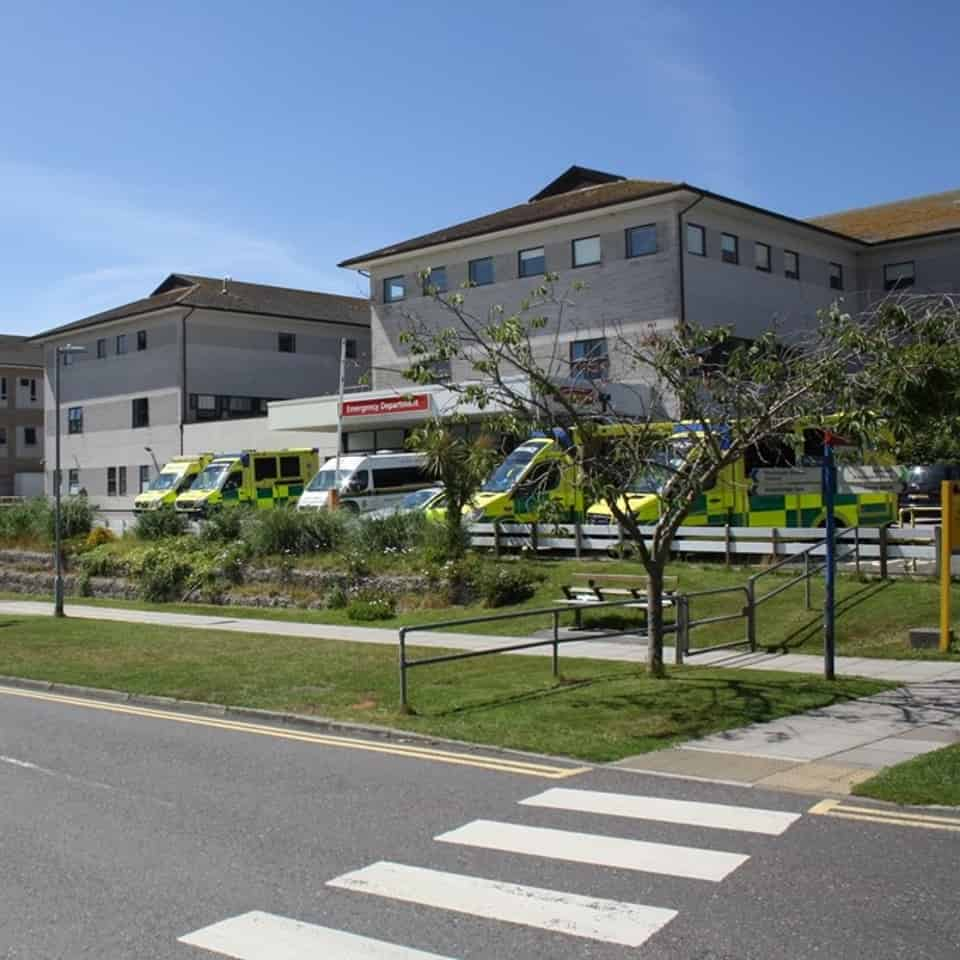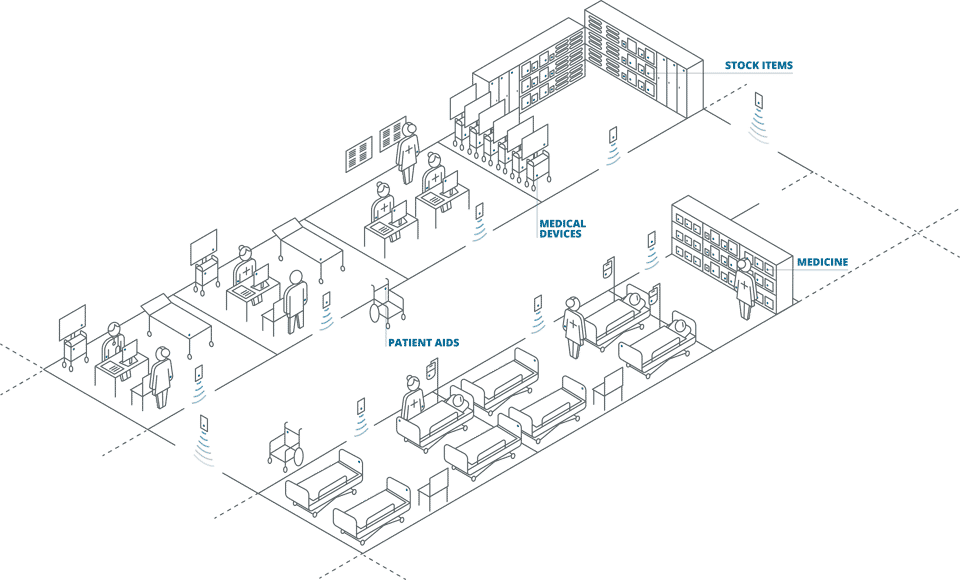Case Story: Royal Cornwall Hospitals NHS Trust
Working to improve operational efficiencies through asset tracking
Royal Cornwall Hospitals NHS Trust was invited to participate in the governments’ Scan4Safety pilot programme in 2016, making it one of the first six NHS Trusts in England to implement GS1 standards for the asset tracking and identification of patients, medicines and equipment.

Increased Performance by over 30%
“The initial success of the RFID tagging system enabled the Department of Clinical Technology to increase KPI performance by over 30%. The ongoing support from Lyngsoe has enabled us to expand on the initial use case and made the RFID system an integral part of the Quality Management System addressing a number of key considerations for successful ISO 13485 certification.”
Adrian Rapson
Department of Clinical Technology, Royal Cornwall Hospitals NHS Trust

How does RFID work in healthcare?
Dive into the world of RFID technology and its pivotal impact on patient care, operational agility, and safety within dynamic hospital environments. Discover how RFID streamlines asset tracking, accelerates equipment access, and transforms healthcare delivery.
Utilize the tracking powers of RFID!
Contact our team of experts now.

More Healthcare Case Stories
Breaking Boundaries - The World's Largest Healthcare RFID Installation
Explore how Aarhus University Hospital (AUH) leveraged RFID-technology to streamline workflows, reduce search time, and optimize logistics.
Track and Manage Sterile Assets
Discover how NHS Lothian is revolutionizing their hospital logistics with Lyngsoe X-Tracking™. Learn how this integration enhances patient safety and streamlines inventory management.
Working to improve operational efficiencies through asset tracking
Royal Cornwall Hospitals NHS Trust was invited to participate in the governments’ Scan4Safety pilot programme in 2016, making it one of the first six NHS Trusts in England to implement GS1 standards for the asset tracking and identification of patients, medicines and equipment.